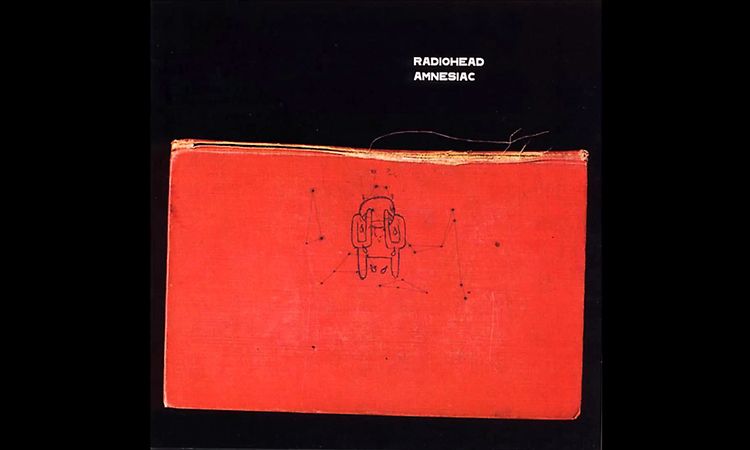- Pyramid Song is the second track off of Amnesiac, and the title track from the Pyramid Song single. Yorke described the track Pyramid Song as: 'Me being totally obsessed by a Charlie Mingus song called 'Freedom' and I was just trying to duplicate that, really. Our first version of 'Pyramid' even had all the claps that you hear on 'Freedom'. Unfortunately, our claps sounded really naff, so I.
- Midi genres/directions. Classic; pop; rock; rap; dance; punk; blues; country; movie themes; tv themes; christmas carols.
Of course, Pyramid Song itself is worth the cost of the entire EP, but the b-sides are simply amazing. The spectacular piano-based Pyramid Song sets the scene of the single, then the other tracks bend it beyond recognition. The otherworldly beats of Amazing Sounds are eerie and chilling, and segway into the rocking first half of Trans-Atlantic.
| For a performance score, I imagine the middle note would be notated as a dotted quarter tied to an eighth (easier to read). |
I found the harmony to be quite interesting. It makes no attempt to adhere to any consonant voice leading in the classical sense, although ironically it moves with smoothest possible harmonic shifts because of its disregard for the rules of counterpoint. Of course, while imposing a contrapuntal critique of any rock song might seem a little dubious (especially to 'new' musicologists), I feel like it's still relevant to a discussion of the piece. In Pyramid Song the left hand of the piano uses raw parallel 5ths to traverse up the chord progressions of major chords like F#-G-A, with doublings in the right hand (Example 1-A). One motivic feature is the 9-8 suspension over the tonic chord, F# which appears in first phrase of the piano, and is doubled in strings in the penultimate phrase of the song. It's a nice dissonant effect, not only because it's a minor 9 suspension, but it essentially creates delayed parallel octaves with the bass. The impression of whether the musical texture is homophonic or contrapuntal is constantly distorted because of it (Example 1-B).

| Example 1 |
The key of the piece is a little ambiguous. My overall impression is that it is in the F# phrygian mode, because of the prominent G-F# motion within the song and at its final cadence. Throughout the piece, however, there are several hints at different keys. Thom Yorke's vocal lines freely interchange between the use of the notes G-natural and G-sharp. When G-sharp is on the surface, one might be satisfied if the piece were deemed in a key of F#m or F#, rather than a modal version. The fact that all the chords essentially conform to the key of Bm also might be considered. Perhaps this is why the same chords over and over do not sound tired or monotonous even after multiple listenings: if the piece were in Bm, the avoidance of resolution to the tonic chord might make the listener constantly seek a resolution which is never achieved. But then again it could just be that it is an interesting chord progression. For instance, Radiohead's 'Creep' ends each phrase with a plagal cadence, and the entire song is saturated with just 4 chords in repetition, yet I found it enjoyable and it sustains my interest.
A nice feature of this song is the constant F#5 note in the right hand (example 1); I recall seeing a comment somewhere describing this as a 'pedal tone', but my understanding of a pedal is one which is more or less in a low register. I have read in certain theory texts (e.g. Kostka/Payne) that pedals can occur in higher registers, however. Pyramid Song would therefore fit that definition.
One impression I couldn't shake when hearing this song is its close resemblance to the song Everything In Its Right Place from Kid A. The chord progression is identical for the most part, but the distinctive rhythms and timbres are what divide them. Both songs are also predominantly played on keyboard and have the pedal tone in the high register. They are each a tritone apart in key, interestingly enough (compare to example below). NB: Everything is scored in Fm according to this publication, which also gives credence to my description of Pyramid Song being potentially in Bm and why I thought it of being potentially (I stress this word) in that key.
Radiohead Pyramid Song Midi

| Radiohead - Everything In Its Right Place |
